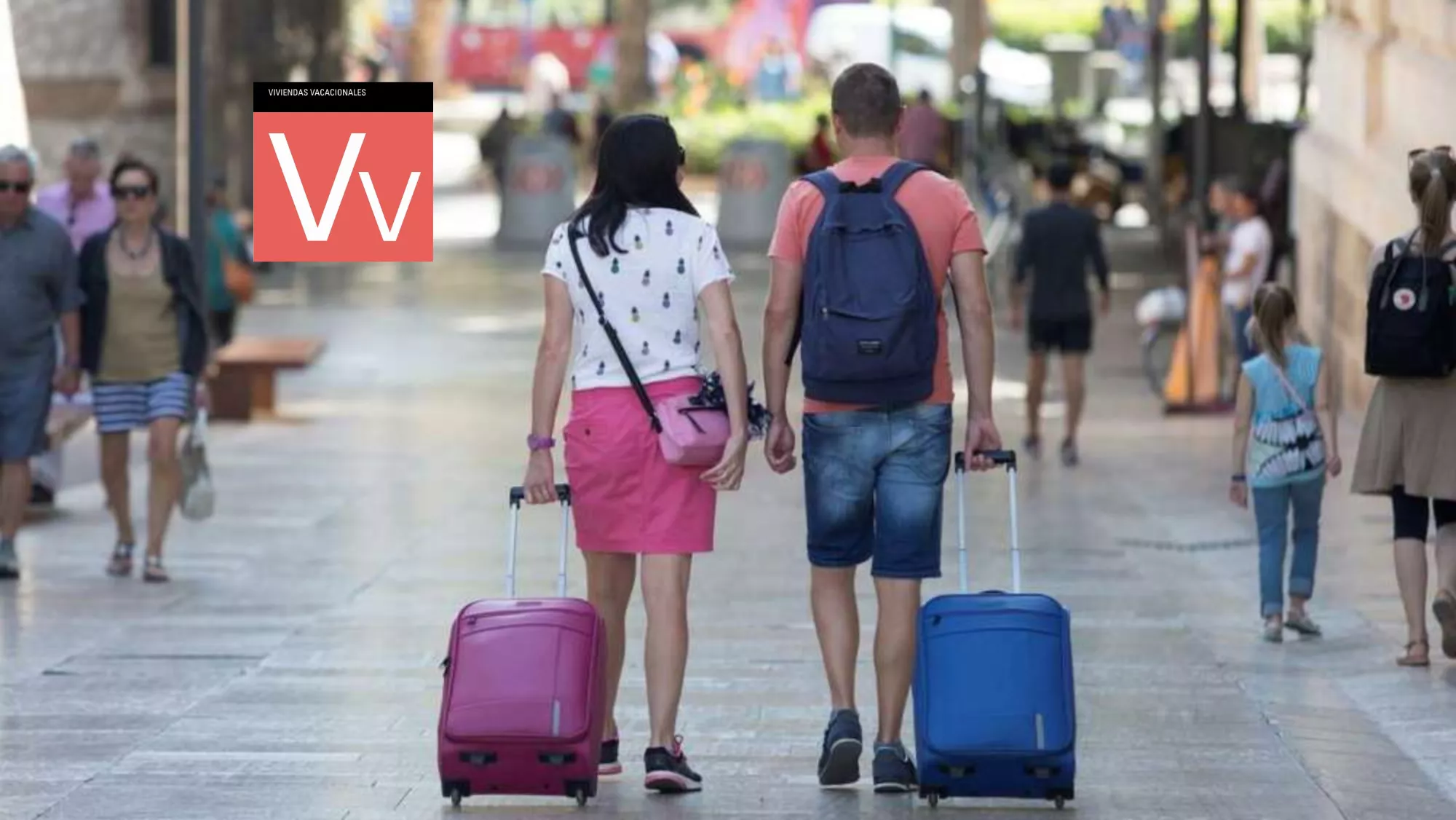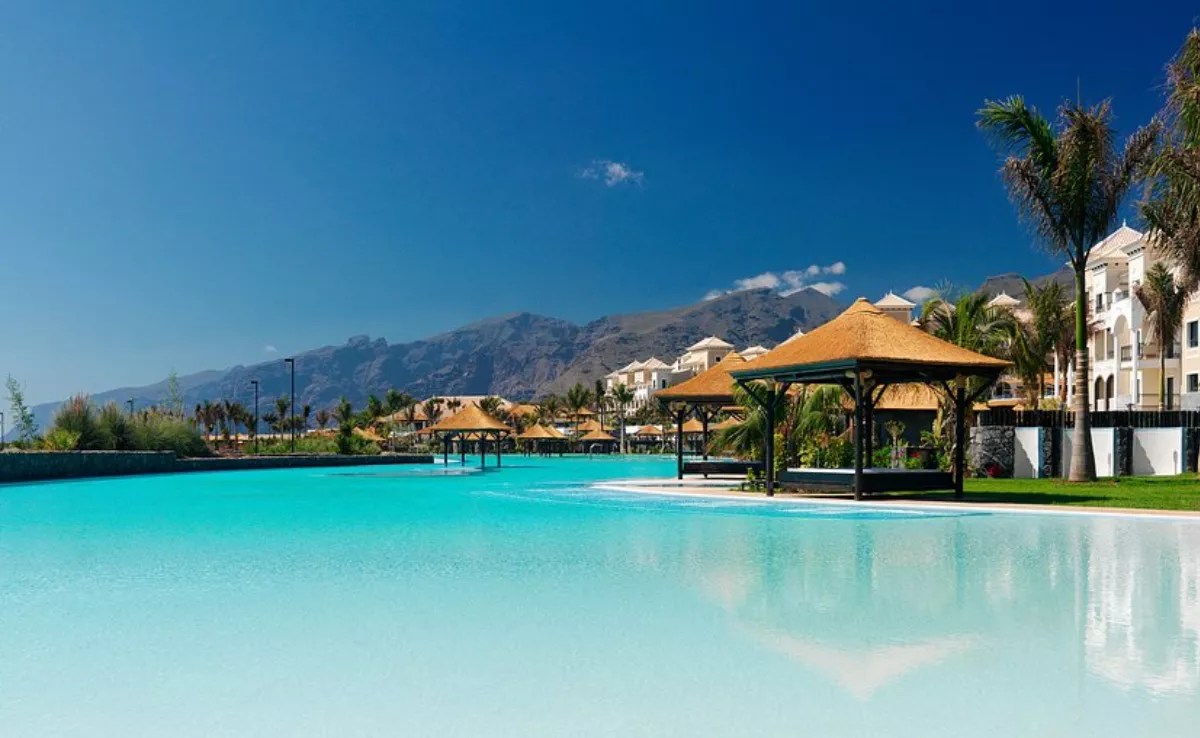Ministery of Housing Orders Digital Platforms to Halt Advertising Illegal Tourist Rentals in the Canary Islands

Government Action on Illegal Properties
The Ministry of Housing has instructed digital platforms to cease the advertisement of 8,698 tourist flats in the Canary Islands, as these properties do not comply with the legal registration requirements. According to a statement from the Ministry this Sunday, these accommodations have applied for the mandatory registration number but have not obtained it due to failure to meet legal standards and are currently classified as revoked.
Digital Solutions to Combat Fraud
The department, led by Isabel Rodríguez, reminds that since last August, registrars, the Ministry, and platforms have been sharing data through the Single Digital Window, established to “eliminate fraud in temporary accommodations.” Since 1 January of this year, the registration process has received 336,497 applications across Spain, with 78.75% corresponding to tourist rentals.
Focus on Permanent Rentals
The announcement was also made by the President of the Government, Pedro Sánchez, during an event held in Málaga on Sunday. He elaborated that “thousands of irregularities” have been identified among properties intending to become holiday rentals, emphasising the aim to convert them into “permanent rentals for young people and families in our country.” Ángel Víctor Torres, Minister of Territorial Policy and Democratic Memory, celebrated this initiative on social media, stating, “this is governance for the people.”
Notifications Issued
The Ministry has notified a total of 53,876 illegal tourist flats—8,698 of which are in the Canary Islands—representing 20.3% of total notifications sent to platforms for the withdrawal of their online advertisements. The municipalities in the Canary Islands with the highest number of rejected tourist rental applications are Adeje (Tenerife) with 765, and San Bartolomé de Tirajana (Gran Canaria) with 637. Following these are Puerto de la Cruz (Tenerife) with 531, La Oliva (Fuerteventura) with 484, Yaiza (Lanzarote) with 442, and Santa Cruz de Tenerife with 259. The Canary Islands is the second autonomous community, after Andalusia, to have the highest number of revoked applications.
Madrid’s Anomaly
The Ministry clarifies in its note that the Community of Madrid “is the major anomaly within the registries,” as the percentages are reversed: 83% of properties that have applied for registration have done so as temporary accommodations, whereas only 17% have done so as tourist rentals. If a code is revoked, it indicates that the College of Registrars has received the application, but it contained incomplete or non-compliant data regarding the intended activity, which was not rectified within a timely manner. Through the registration and the Single Digital Window, the Ministry seeks to “preserve the social function of housing and combat illegal tourist flats, which displace families from their neighbourhoods and distort cities,” the statement emphasises.















